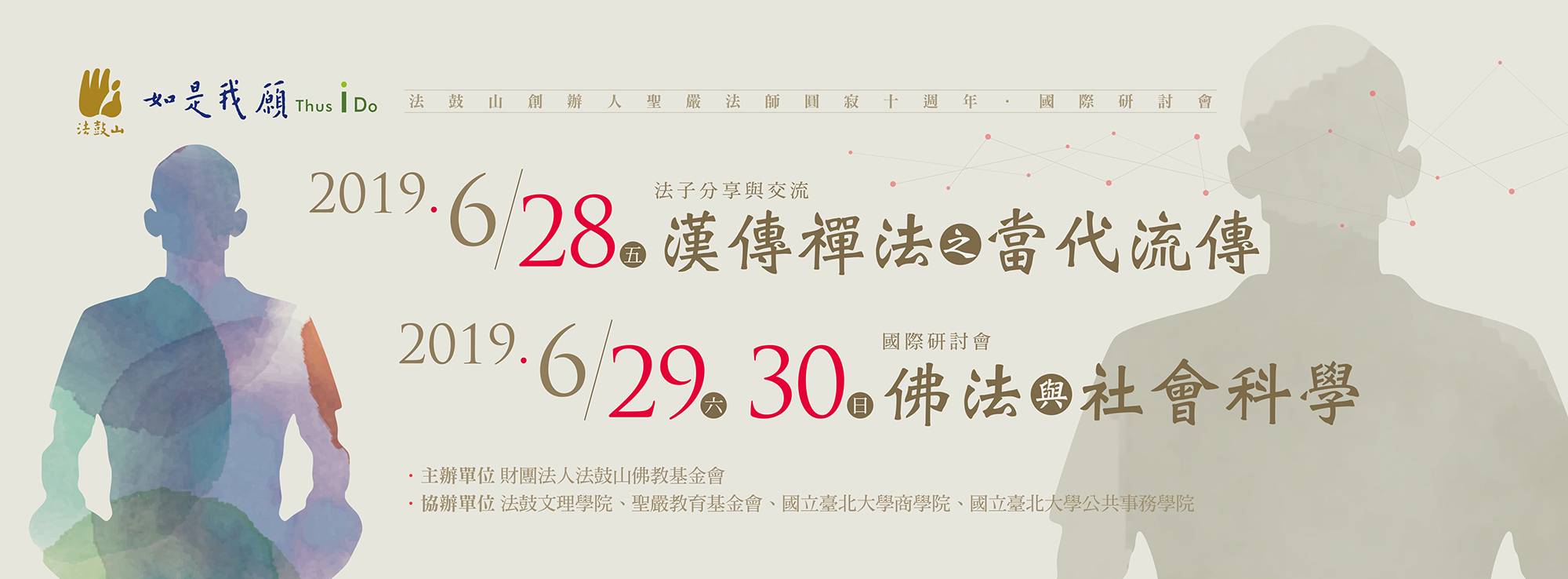The Social Origin of Creativity: A Sociological Analysis of Master Taixu and Master Sheng Yen as Buddhist Thinkers
Rebecca S.K. Li.
In Collins’ Global Theory of Intellectual Change, he argues that intellectual creativity is socially constructed applies network analysis to examine how the social location of thinkers in a dense network creates the conditions for sophisticated ideas to be formed. I explain three key arguments in Collins’s theory: (i) shifting organizational base brought by rapid political and social changes causes realignment in intellectual networks and generates opportunities for intellectual creativity; (ii) individuals occupying the central location of dense intellectual network are more likely to be creative; and (iii) the form of creativity that emerges depends on how crowded the attention space in the intellectual network. Drawing on Collins’s analysis of Chinese Buddhist thinkers in Tang Dynasty, I discuss how shifting organizational base brought by political changes in China in early 20th century generated the conditions for increased intellectual creativity among Chinese intellectuals. The dense intellectual network that emerged and Master Taixu’s location in the network are examined. Applying Collins’s law of small numbers, I argue that the crowded attention space compelled Master Taixu to engage in the creativity of amalgamation due to the position of weakness occupied by Chinese Buddhists at the time. In mid-20th century, political changes brought about realignment of intellectual network among Chinese thinkers again as Buddhist masters left China. I examine the shifting organizational base that brought about the emergence of dense intellectual network in Taiwan and Master Shengyen’s location in this network. I argue that the less crowded intellectual attention space allowed Master Shengyen to propose a new position by engaging in the creativity of synthesis to a higher level of abstraction. The implication of this analysis for the future of Master Shengyen as a significant thinker is briefly discussed.
